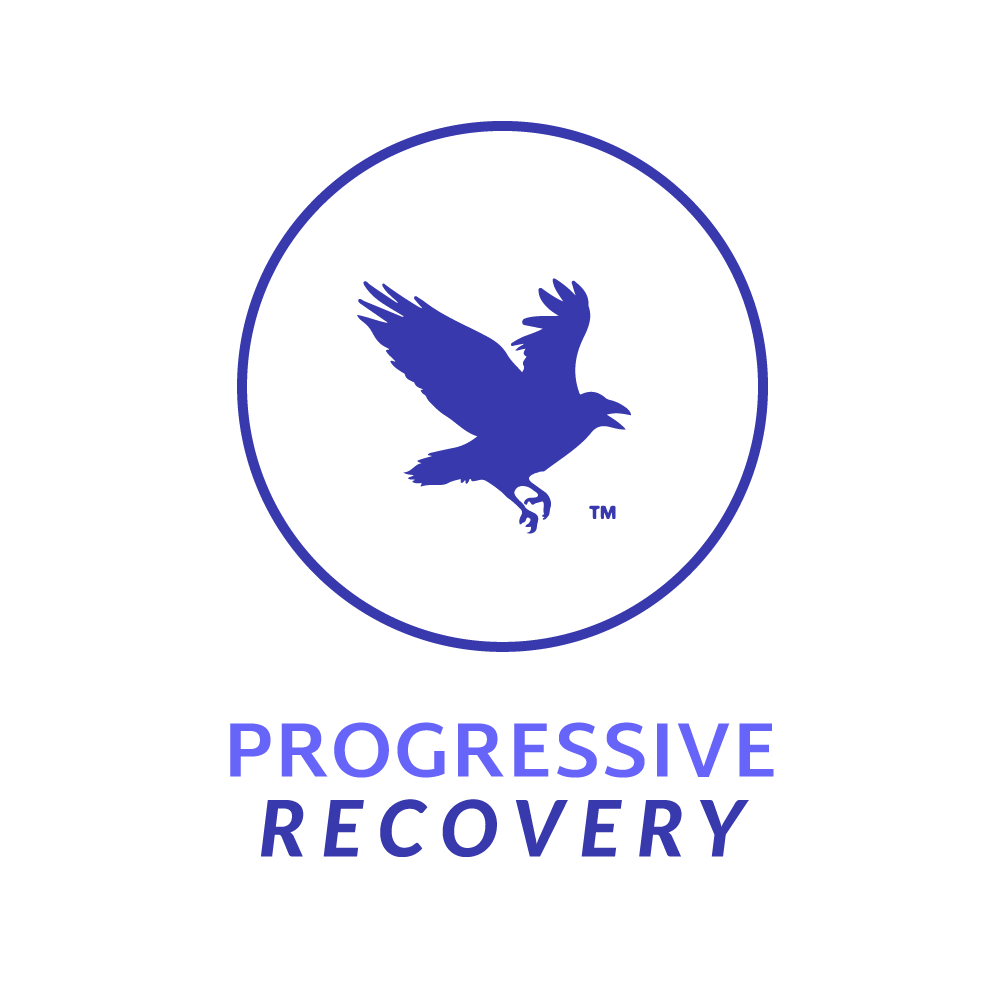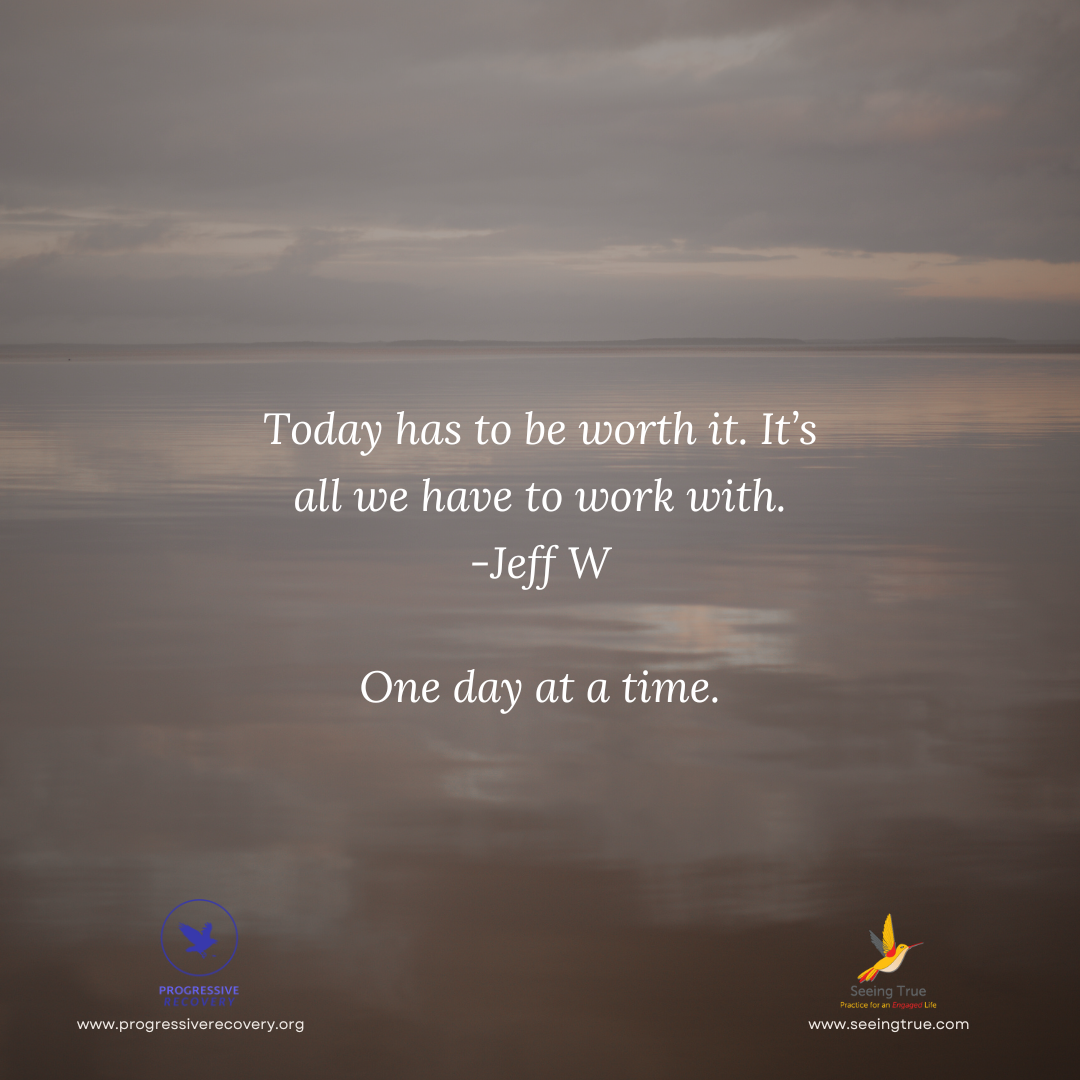Connection and Connectedness
“Sought through prayer and mediation to improve our conscious contact with Higher Power as we understood It, praying only for knowledge of Higher Power’s will for us and the power to carry that out.”
~11th Step, Adapted
“If lack of power is our problem, then Conscious Contact has to be the solution. The Twelve Steps clear the channel, and Step 11 builds a bridge. It’s the one step you can do out of order.”
~Patrick K.
“Whatever tools help you practice Step 11, they are the right tools. Just use them. Higher Power doesn’t care how it works, only that it does work.”
~Sam D.
*********
When many of us arrive in the rooms of recovery, we are overwhelmed by the difficulties that have arisen in our lives. Admittedly, some of the challenges we face are very complicated. So it is that our initial connection is often likely to be with the people in the rooms. We are welcomed generously, and slowly we begin to trust other recovering people, and through them we begin to trust the process of recovery.
At this point, some of us may conclude that the rooms and the people are the “program of recovery,” or we may get very established into a social life with those in the rooms. To be clear, this initial connectedness is a powerful thing, and can usher us into a deeper and progressive recovery. However there is a risk that we become stalled or stuck at that level. Hopefully, some of our wise elders will remind us that the suggested “program of recovery” is the Twelve Steps.
In recent years, research and learning in the recovery field has yielded an idea that the “cure for addiction is connection.” There is truth in this reflection, and yet connection and connectedness need to be progressive in nature. If merely having companions in recovery were sufficient, all we would need is sober friends. Clearly, the evidence does not support this. We need to go further.
If we practice the Twelves Steps, and if we avail ourselves of those who have applied them deeply and over time, we will move beyond companionship into what Bill W called the “fellowship of the heart.” This is a much deeper level of connectedness. We move beyond superficial connections, though they may be very useful and fulfilling, and begin to become more vulnerable, which supports greater “understanding and effectiveness,” as the 10th Step proposes as our purpose. We get realer, others get realer, and it gets realer.
This deepening fellowship is often where we hear people describe their connection as “God with skin,” i.e. we experience Conscious Contact as a part of our increasingly engaging relationships. Once again, we need to remember that more will be revealed. Always more will be revealed if we continue to progress in our recovery practices.
At some point, we will become aware that Conscious Contact is being revealed either through the deepening relationships, or the beneficial effects of the 11th Step and prayer and meditation, or both. If we continue with ongoing personal inventory, it will become clearer and clearer that power which we may not understand is flowing in our lives. The Promises will show more and more fruitfully.
This deepening connection, connectedness and Conscious Contact can continue to progress. There seems to be no limit to just how far our access to power can advance, and likewise no limit to the degree of restoration we can experience. It is all predicated on our willingness and ability to continue to delve more deeply into recovery.
**********
A Deeper Reflection:
Perhaps the conversation in recovery is the tool that leads to our experience of community. Then as we progress, community leads increasingly into connectedness. Slowly over time that connection brings us into Conscious Contact, which in turn facilitates increasing degrees of communion with others.
A Possible Path of Progress:
Beyond the rooms of recovery there is so much knowledge of prayer and meditation. So too with Conscious Contact. It covers the entire landscape of spirituality and human development. Somewhere amid that realm are tools and approaches that will fit each of our needs in unique and wonderful ways. Our task is to keep seeking, and to keep learning.
**********
Ron's Real World Experience
Just a few years ago, I was telling my story at a Progressive Recovery retreat. During the question and answer period that followed, a woman who was deeply challenged by the idea of God and Conscious Contact asked me what I experienced with what I had called a Higher Higher Power. I started by explaining that at every point in recovery, my conception of a Progressive Power continued to expand, hence the ways I had referred to it. And that since I did not understand it, whatever it was, I also like to call it “A Power Greater than Myself.”
She prodded me further. “That’s what you think about Higher Power, but what do you experience?”
The next thing I knew tears welled up in my eyes. Powerful feelings were surging through me. I had to breathe deeply for a few moment to find my bearings. Then words fell out of my mouth.
“All I really ever wanted was to know I was okay, and it was okay. I was so afraid there was something profoundly wrong with me.”
I had to stop to breathe again as emotions powered through me.
“I just realized that I have a deep well of connection that I never had before. Somehow I know that I am connected in remarkable ways. The reason I just began to cry is because I am so unbelievably and impossibly okay now. Even though I still do not understand Higher Power.”
I watched myself as I nodded in affirmation. “Who knew Conscious Contact was what I needed?"











